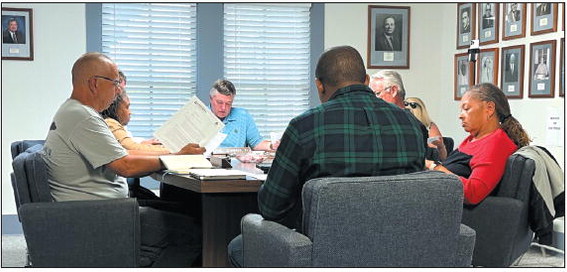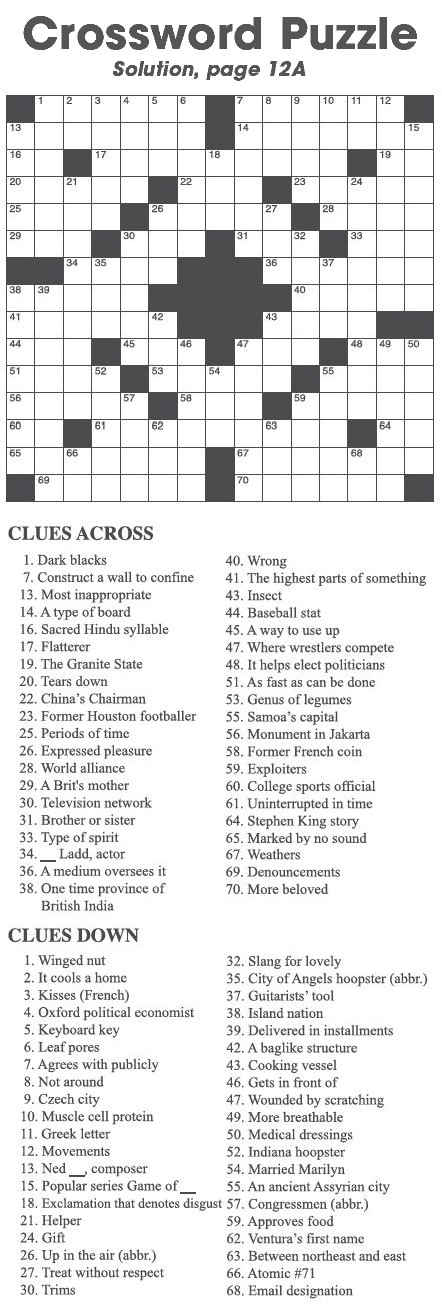The Christmas Truce
It was a respite.
In the South there are stories of what we still call “The War.” Southerners were close observers since most fighting was in the South except some battles in Pennsylvania, Missouri, Kansas, Oklahoma, New Mexico, and Minnesota.
Armies had early warning systems against surprise attack. “Pickets” were sentries nearest to the enemy line, sometimes only by yards.
The Union blockade deprived the South of coffee. The ban of trade with Southern states denied the north of tobacco.
Informal interaction and bartering were common.
This was a war between Americans, “opponents” rather than enemies.
Tales abound of friends and relatives meeting on the field, offering comfort, water, a companion while dying.
There is a story of Campbellton Masonic Lodge #76 of Campbellton, Georgia, welcoming Masonic Brothers of the Union Army, who crossed the Chattahoochee River for a meal and Masonic fellowship.
The next day the fighting resumed. The Lodge meets in the same building since 1848 although the town of Campbellton is gone.
There are many heart-touching Christmas stories, but few match “The Christmas Truce.”
WW I was a conflict between European States; of mechanized war, airplanes, weapons of mass destruction including poison gasses.
Opposing armies hunkered down in trenches to avoid “mechanized fire” of the machine gun.
Lines were separated by a “no man’s land” of mines, barbed wire, rotting bodies and mud.
Before America joined WWI, French and British armies were locked in trench warfare with Germany.
The invention of the machine gun
Me page 7A continued from page
made exposure deadly. Men lived, fought and died in the trenches on both sides.
On Christmas of 1914, the first Christmas of the war, one group began singing “Silent Night” which was answered by the other side in unison.
“Stille Nacht,” was written in German nearly a hundred years before.
Someone ventured out unarmed and soon others followed. They offered greetings, simple gifts of cigarettes, beer, and used the time to recover their dead in “no man’s land.”
German bands cranked up, they chose sides and played soccer, took photographs, swapped hats.
It was impulsive, spotty along the 466 mile front separating the armies.
The next day they killed each other.
The higher ups were not impressed and put a stop to it. It was not repeated.
joenphillips@yahoo.com







NITTY GRITTY
Posted on